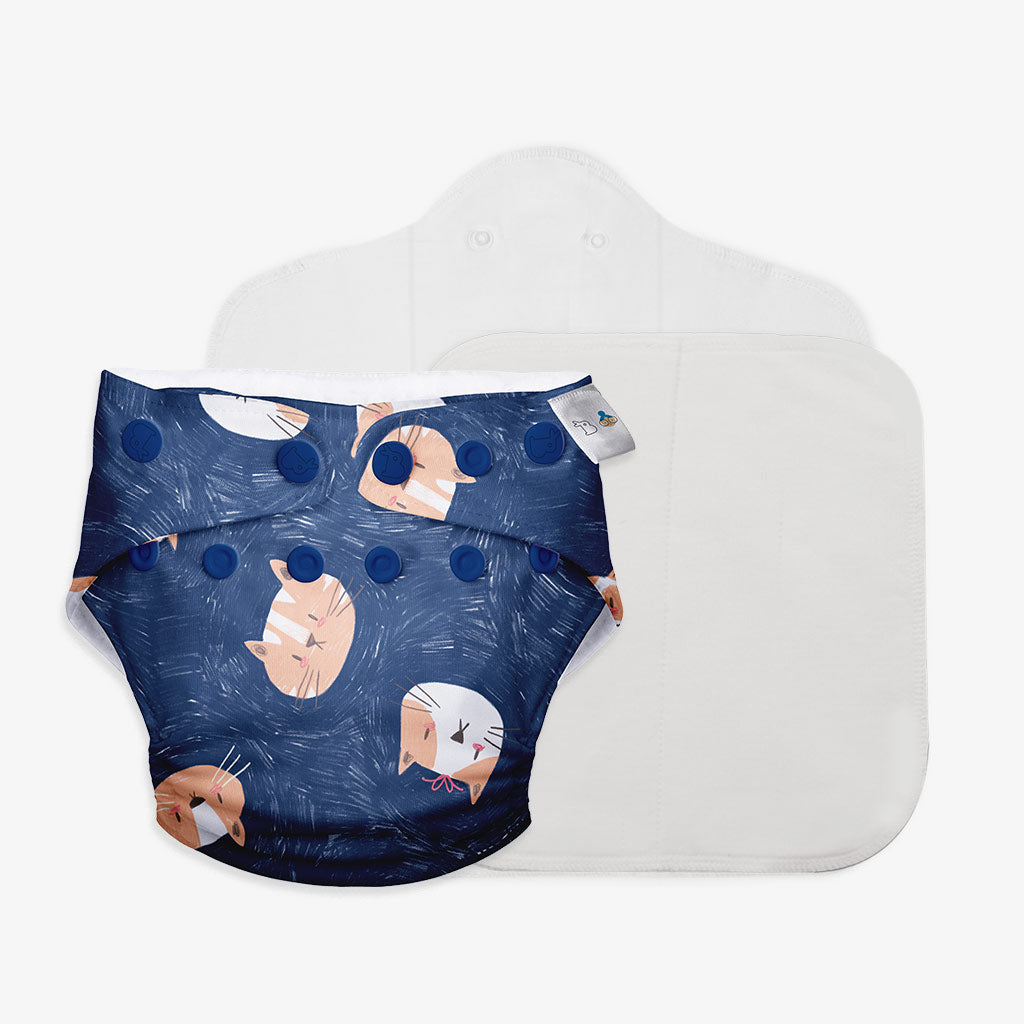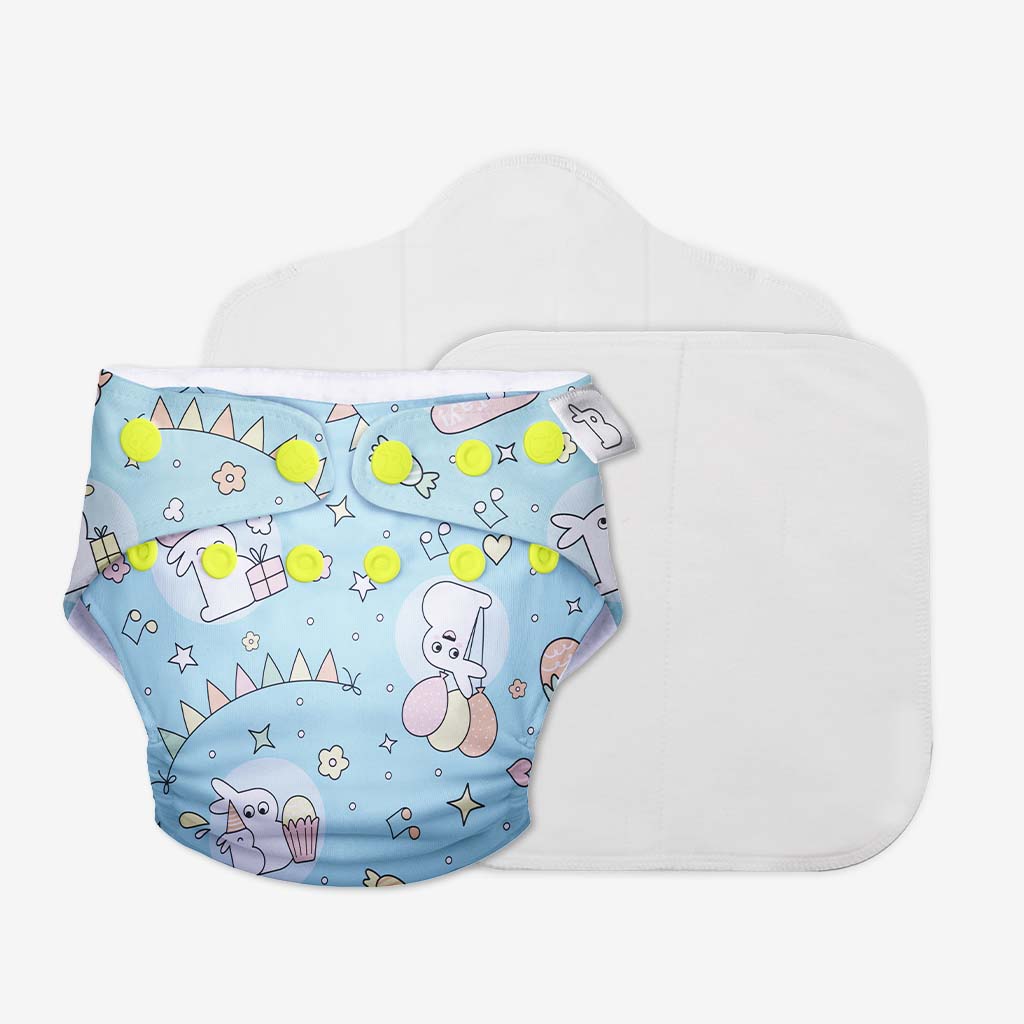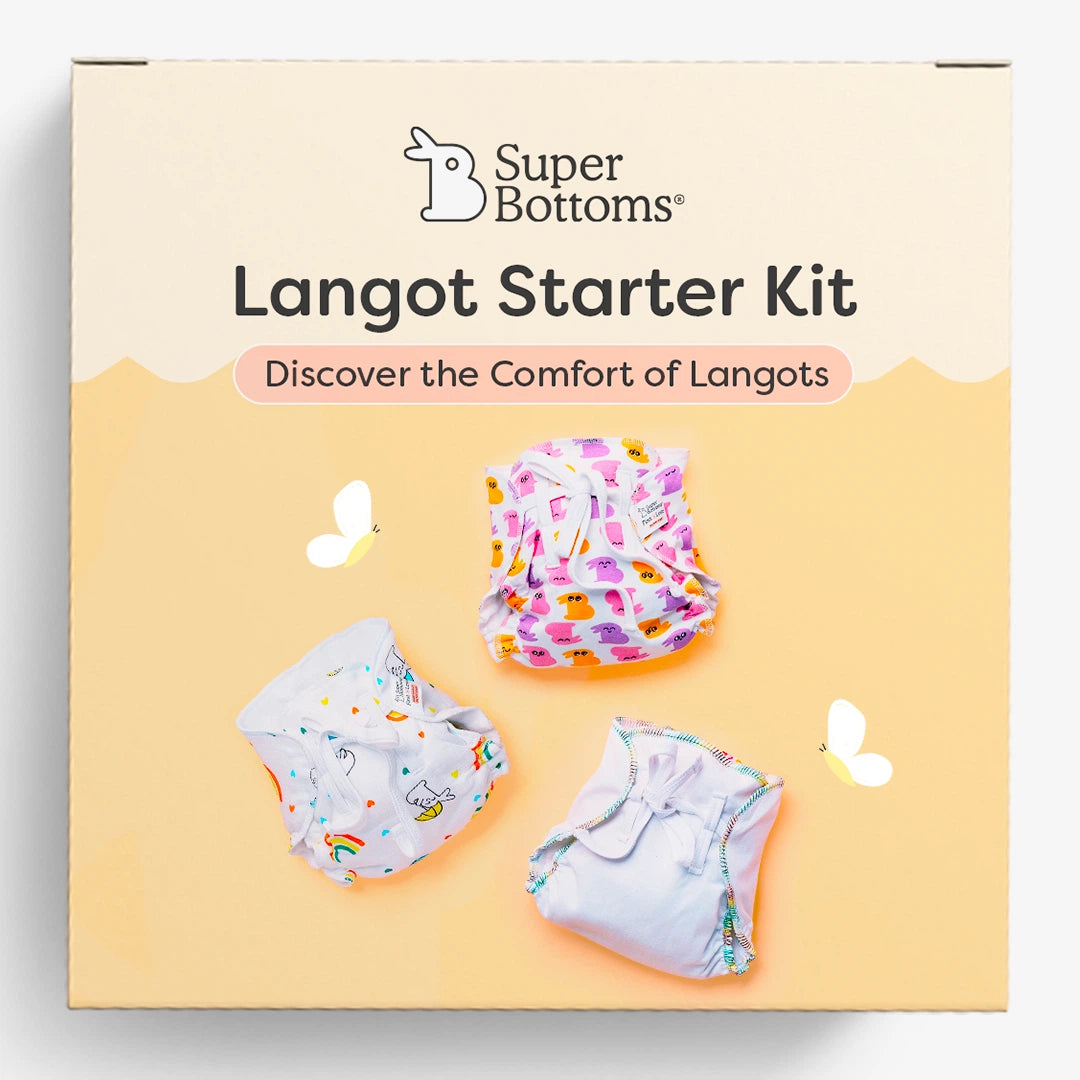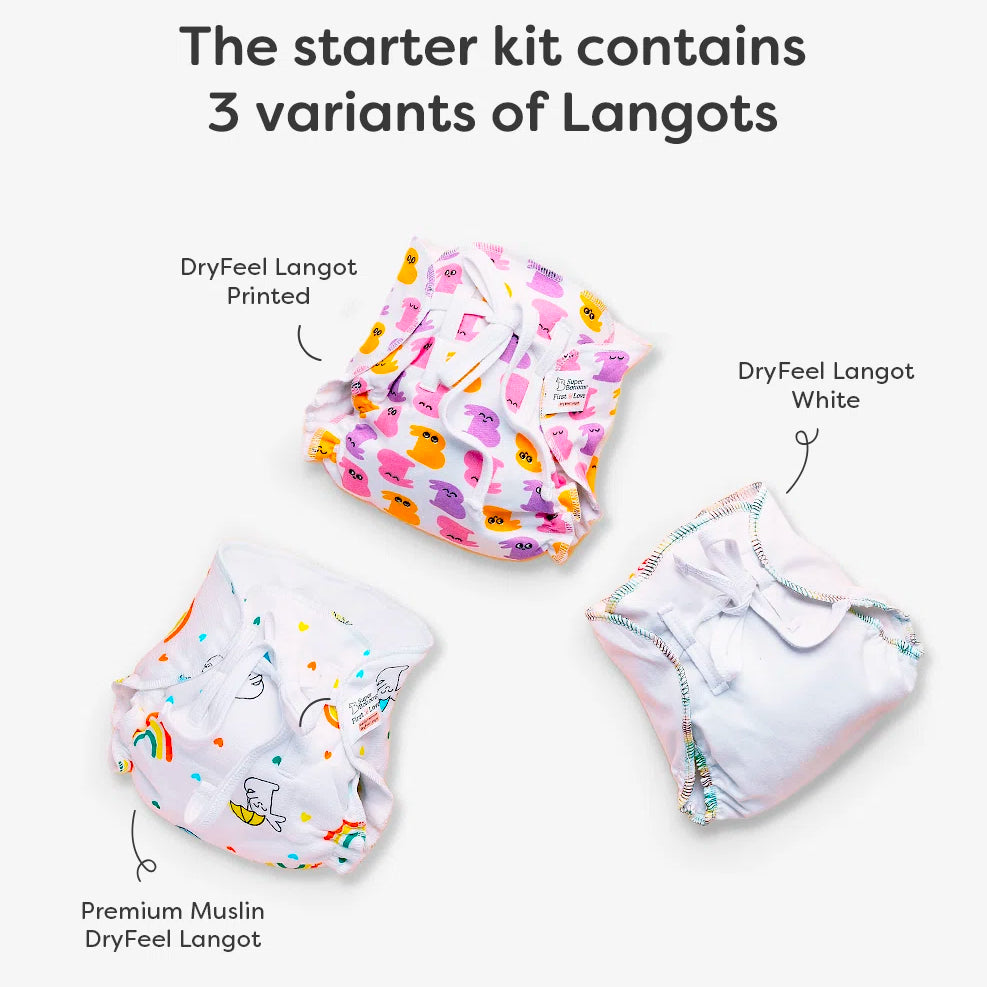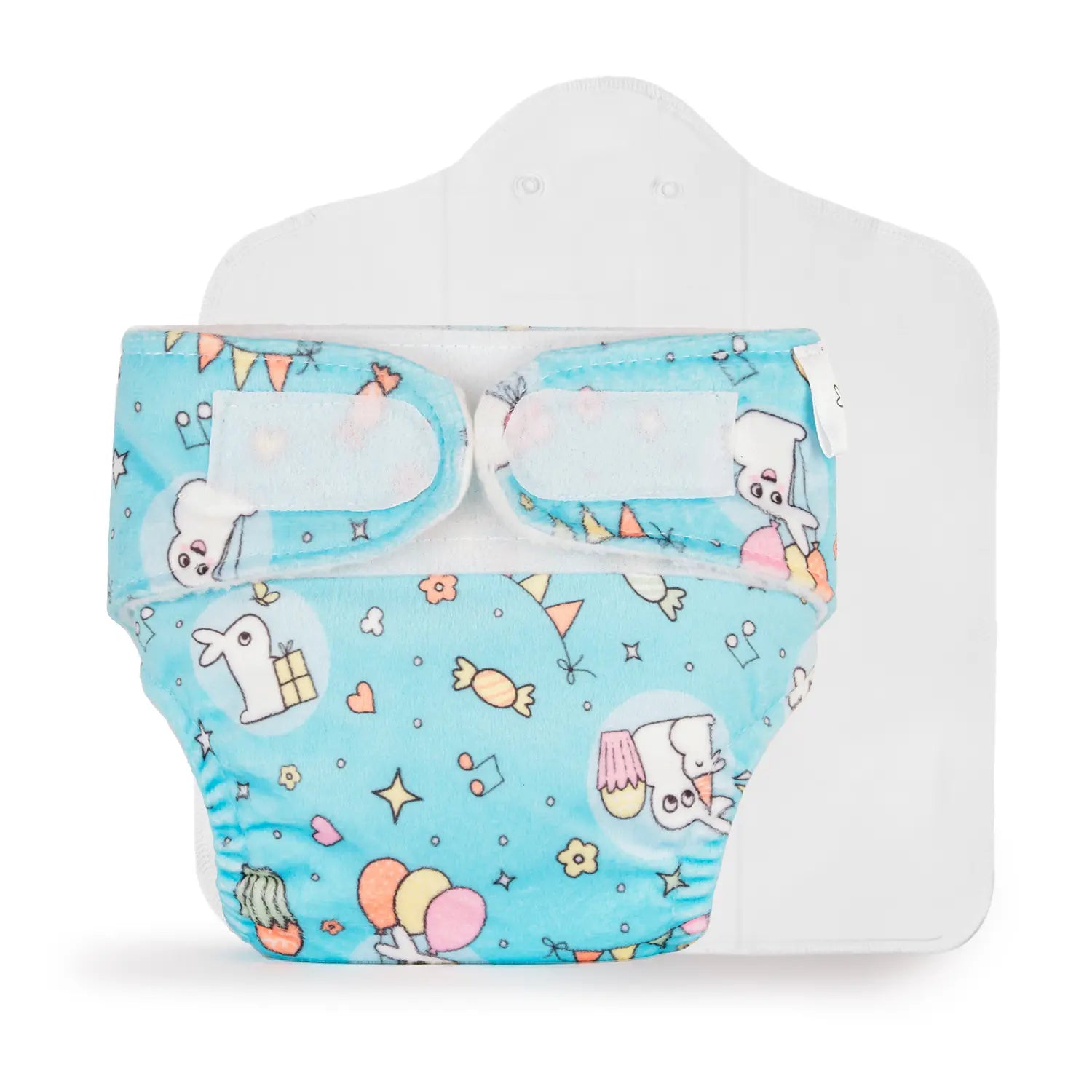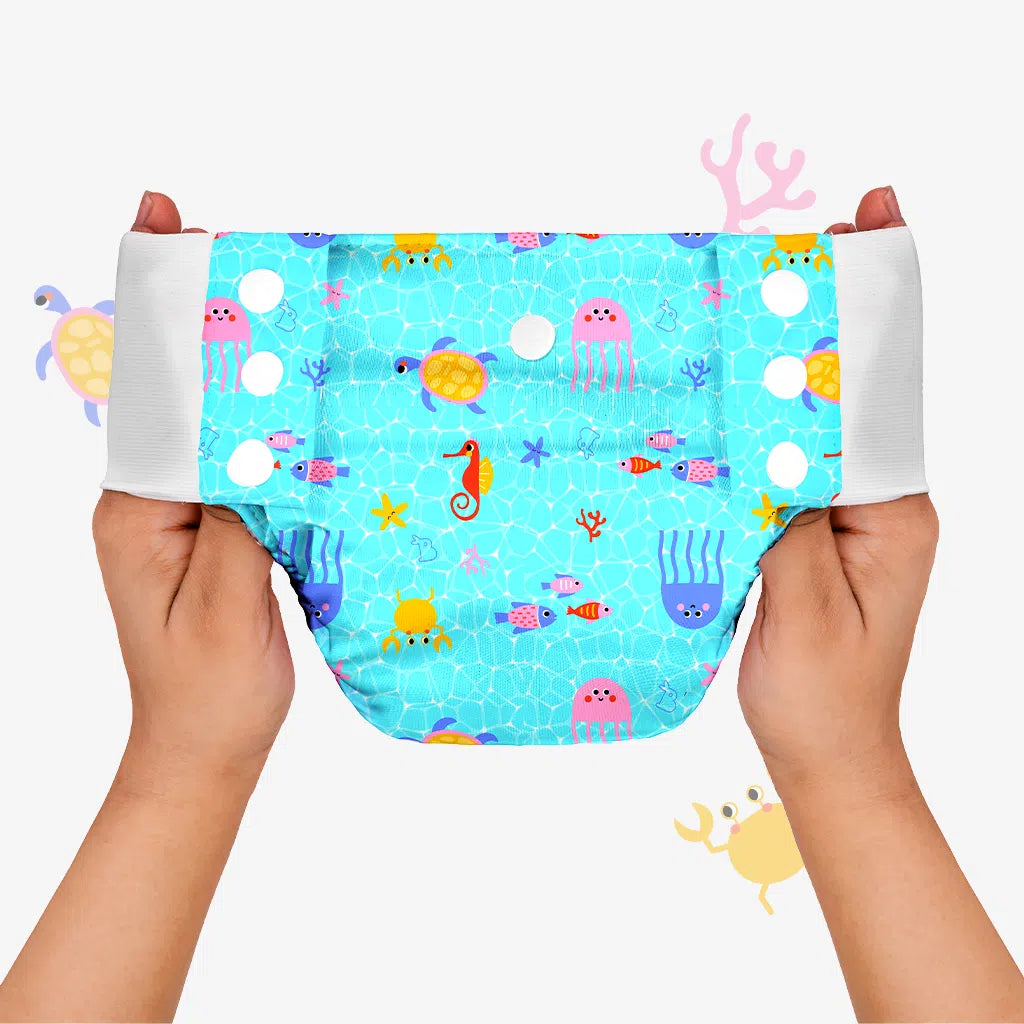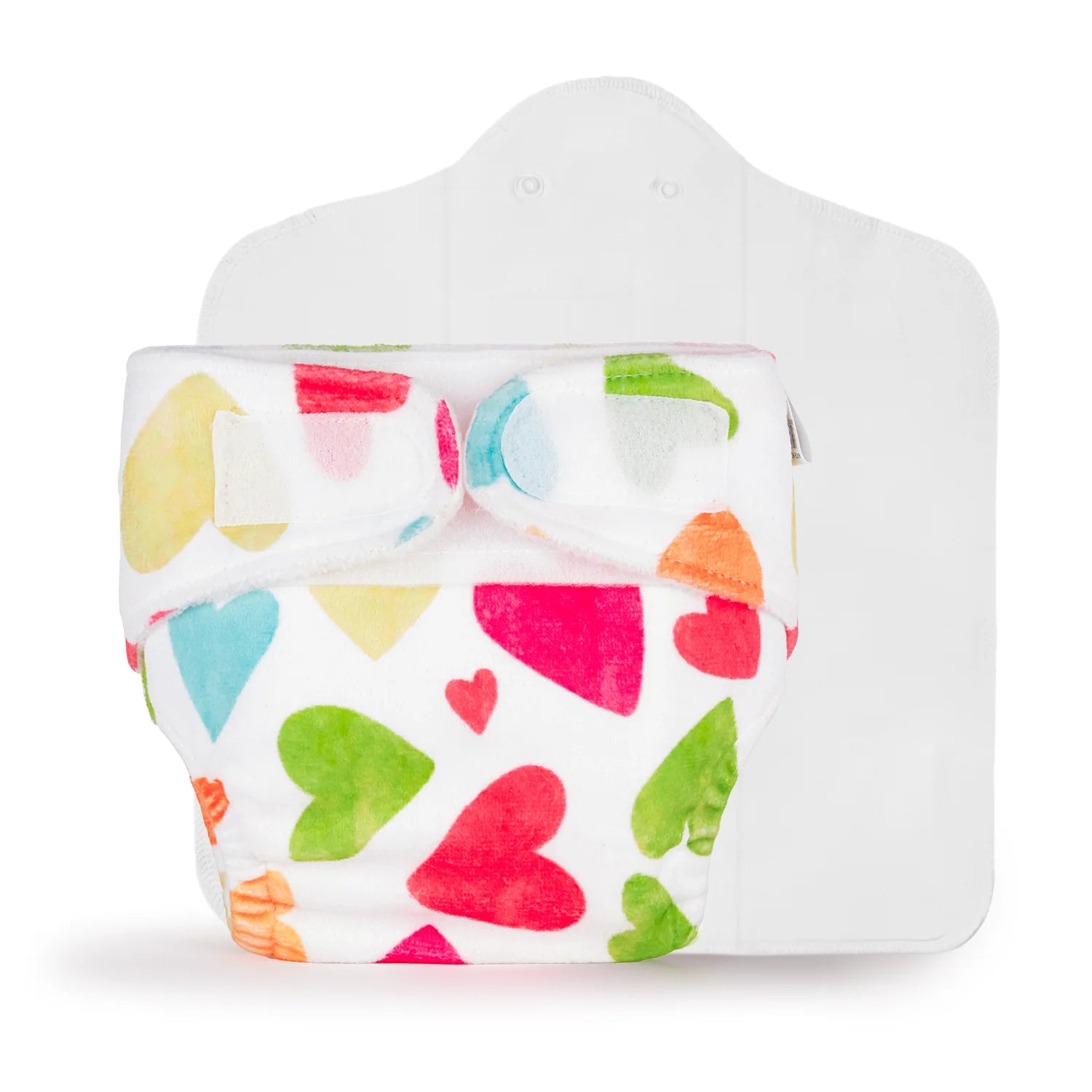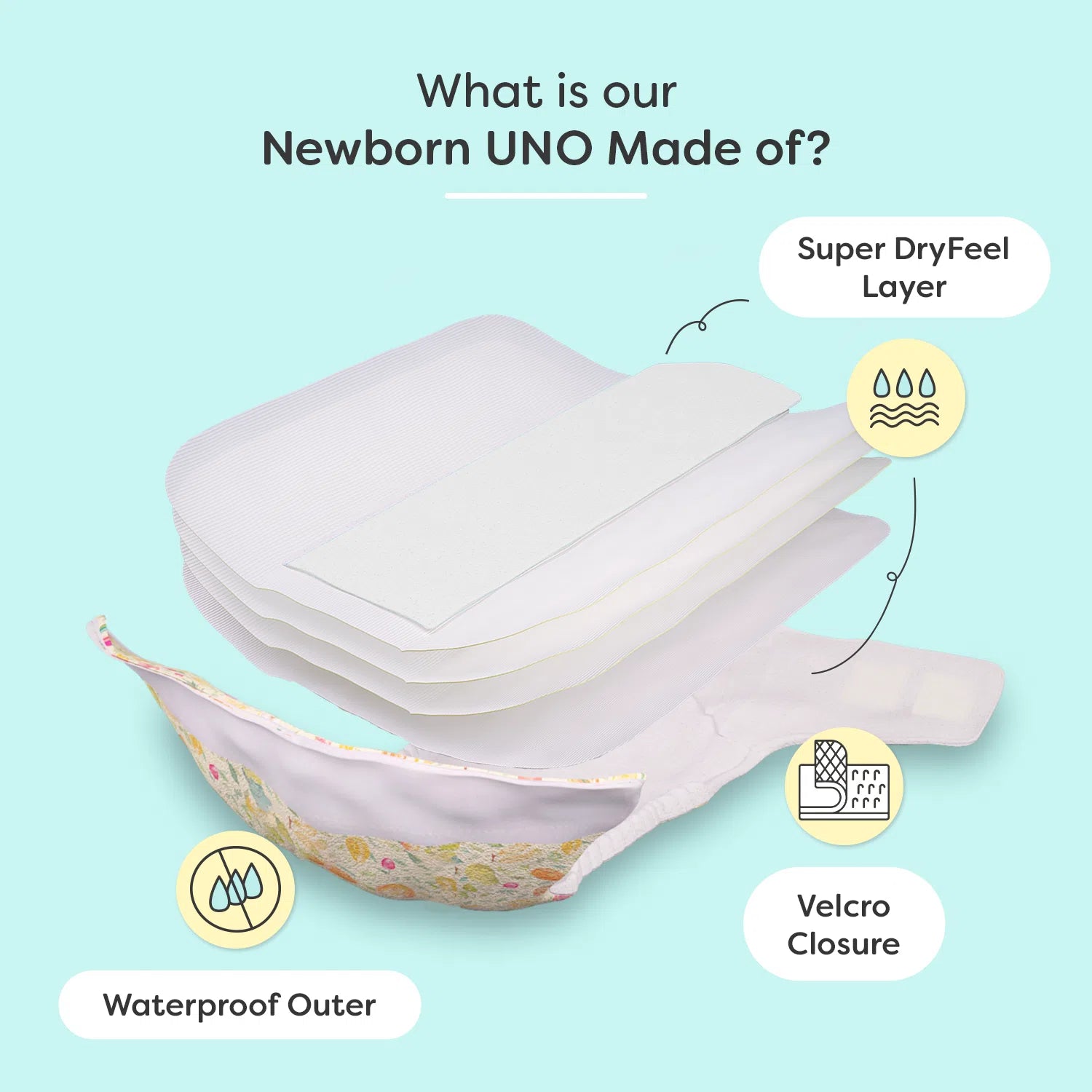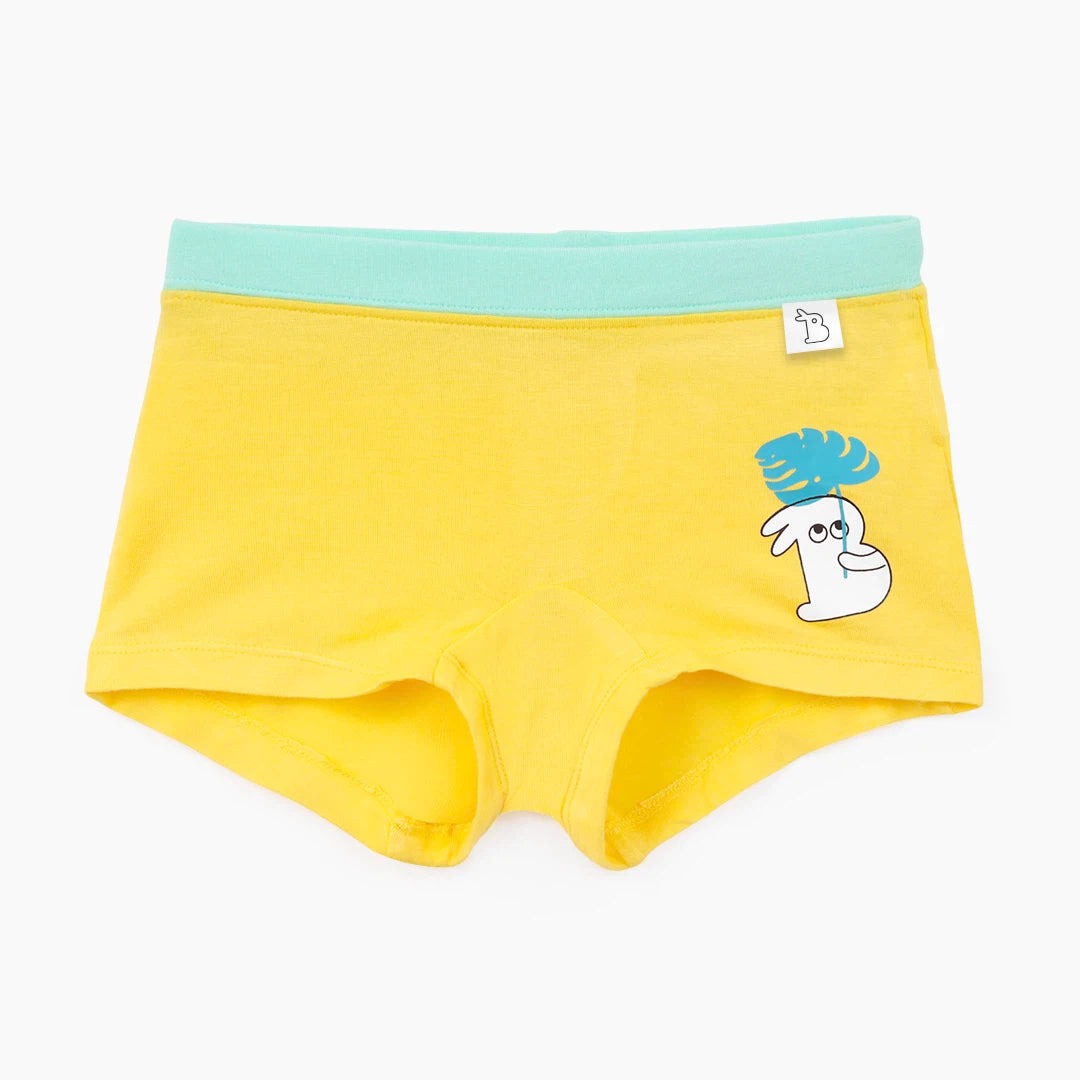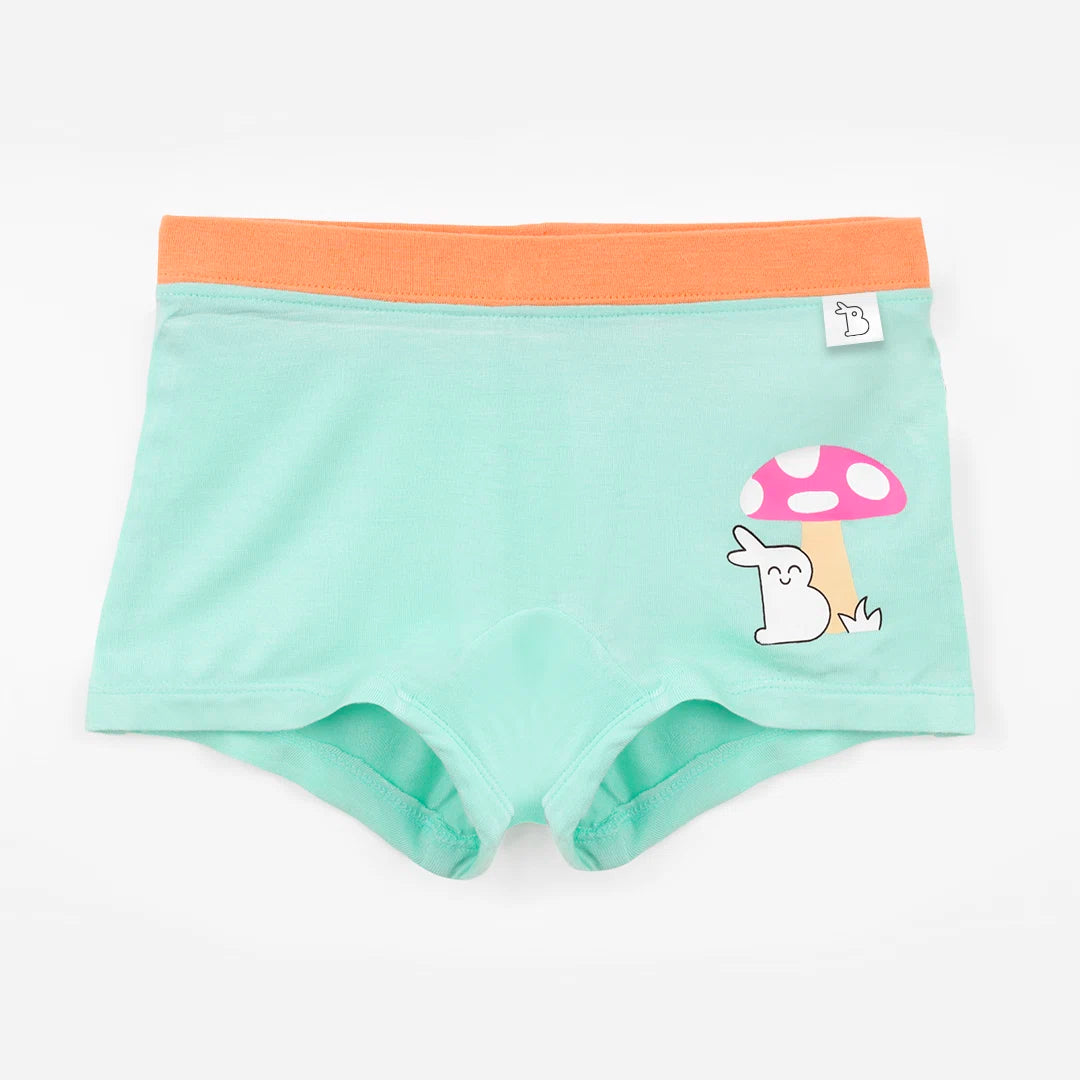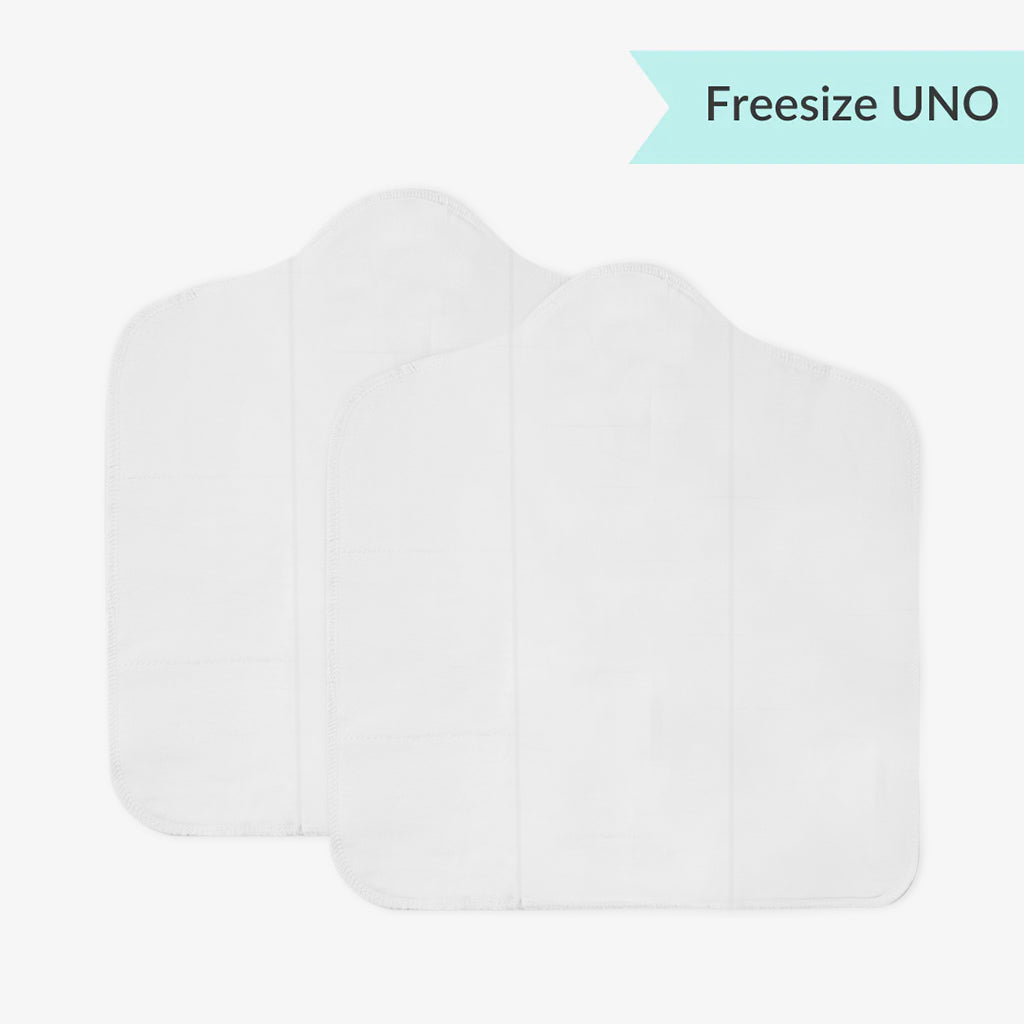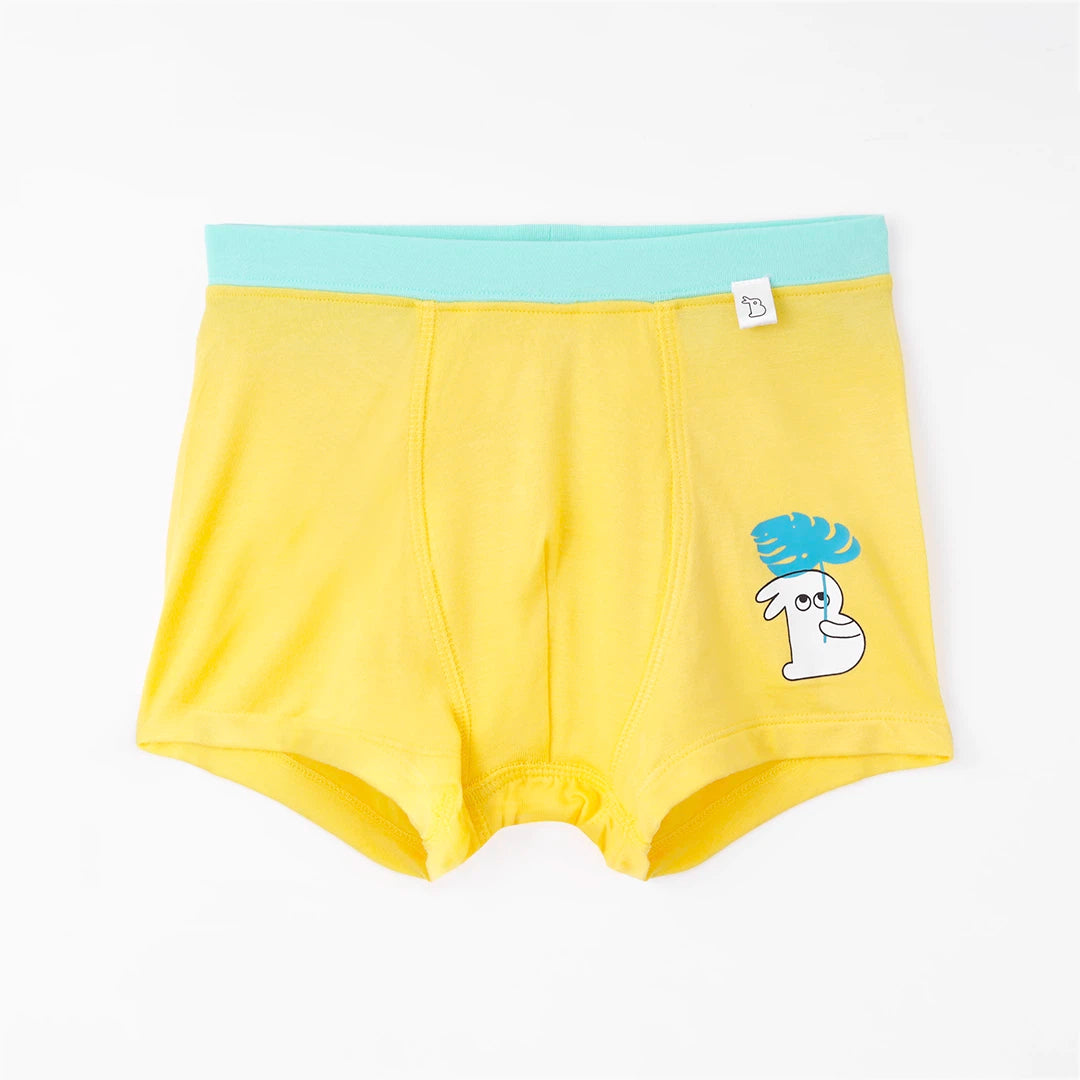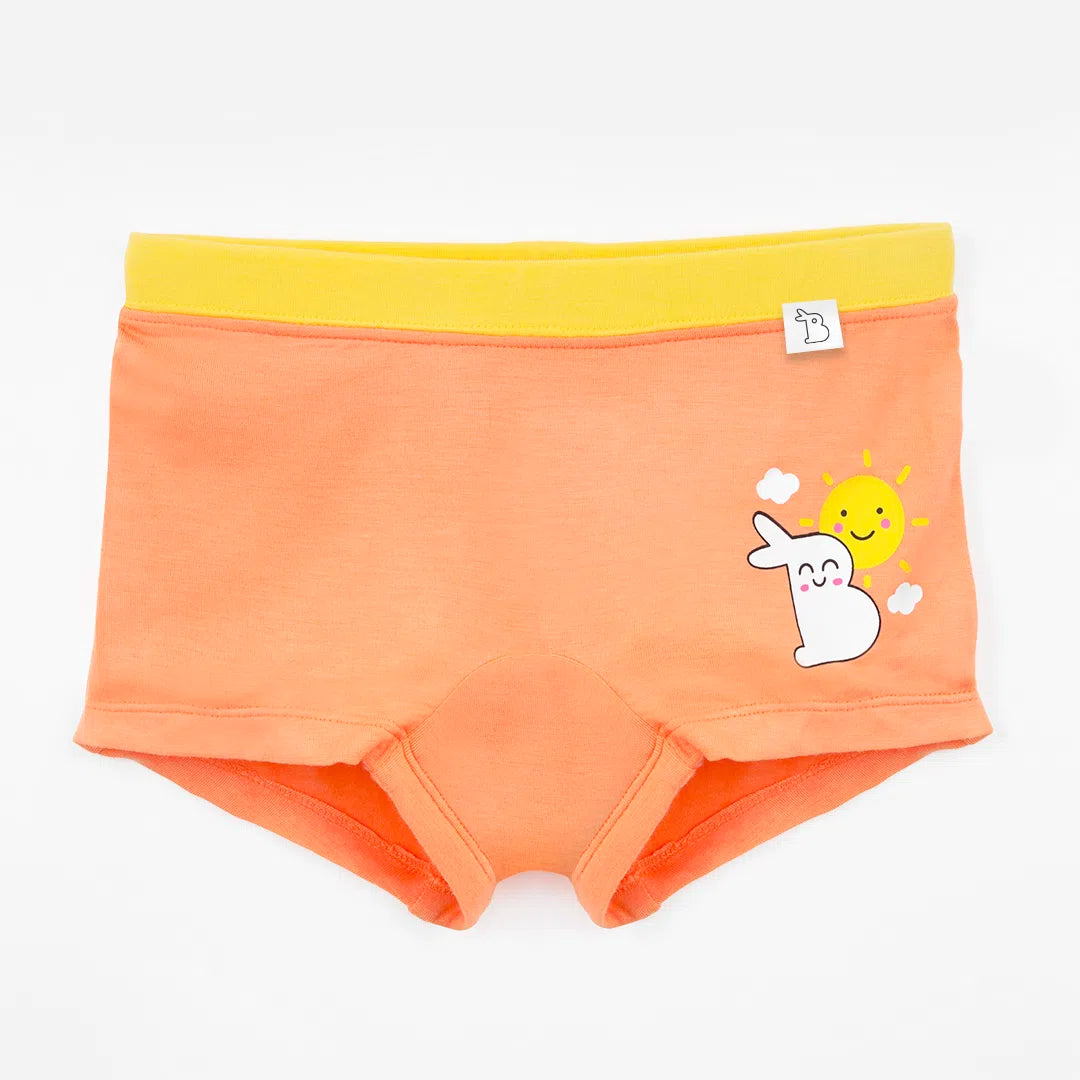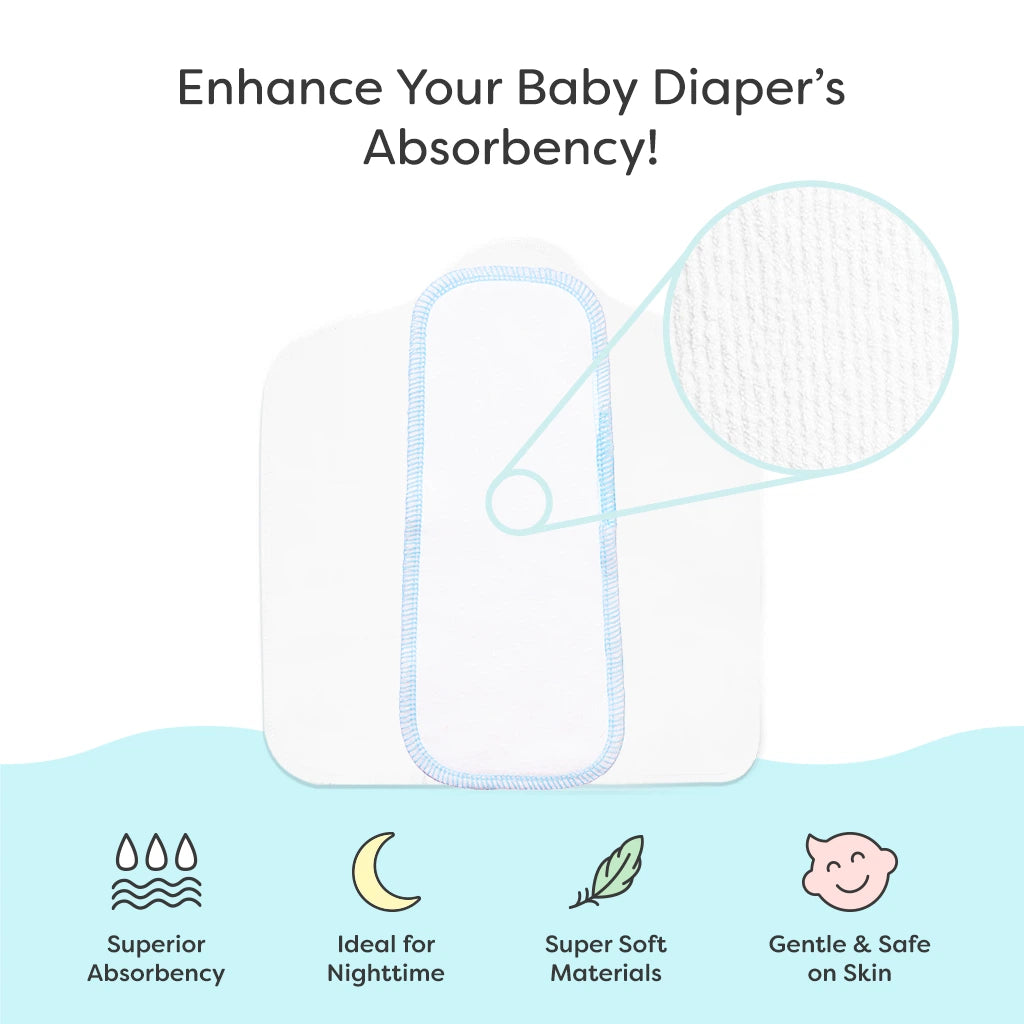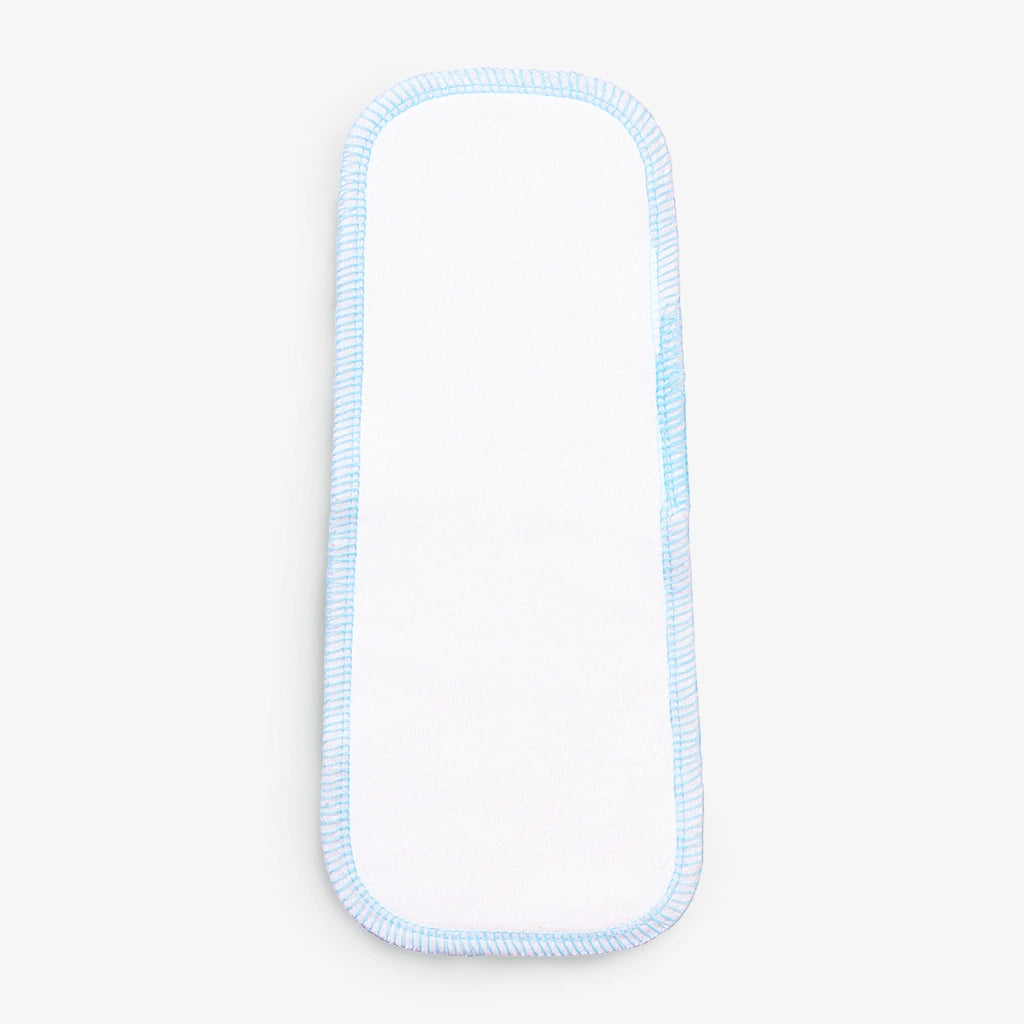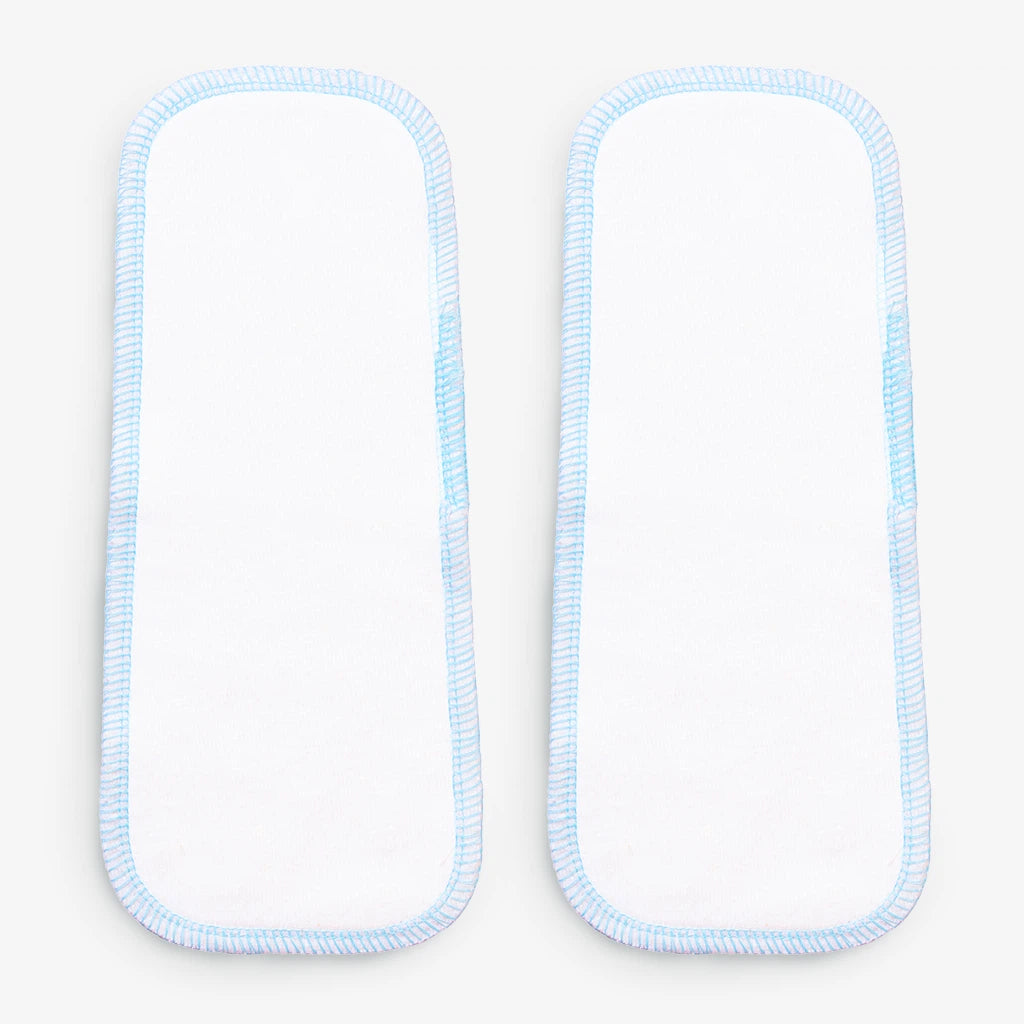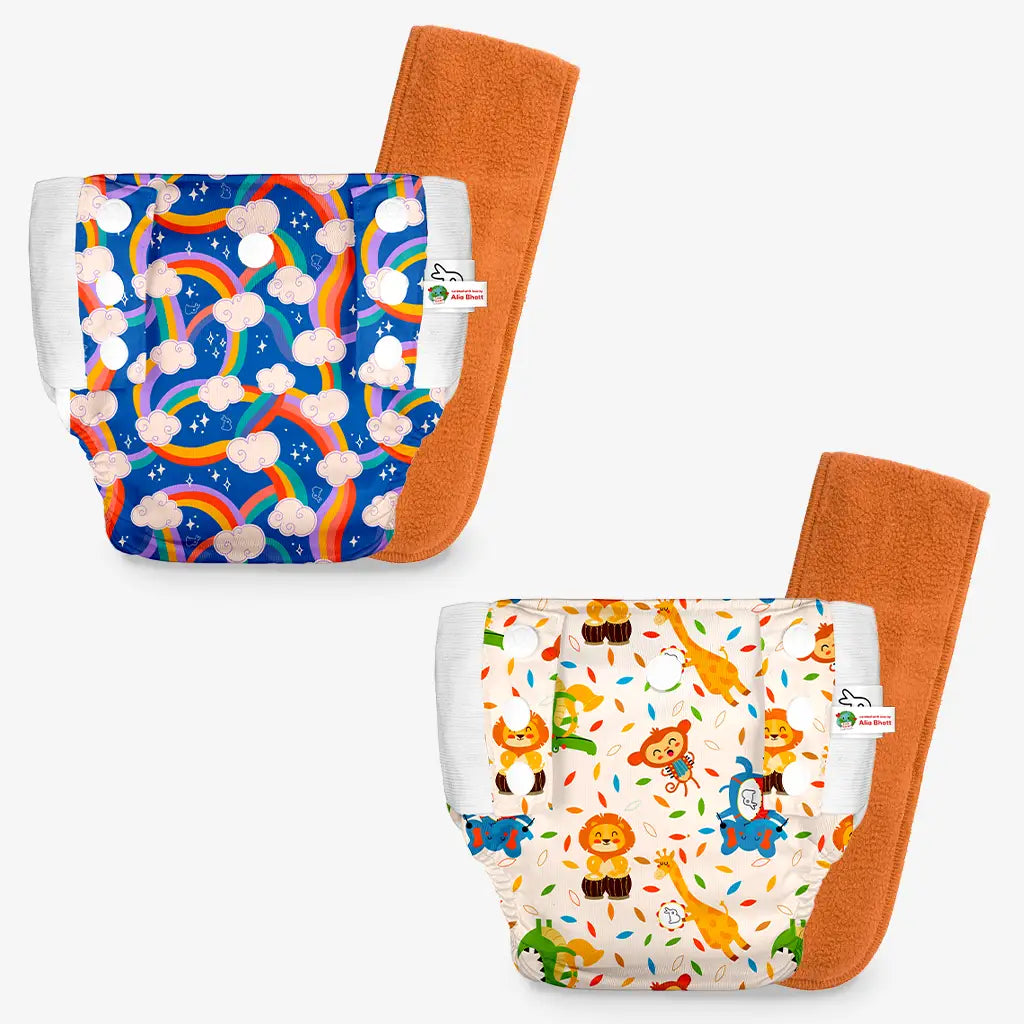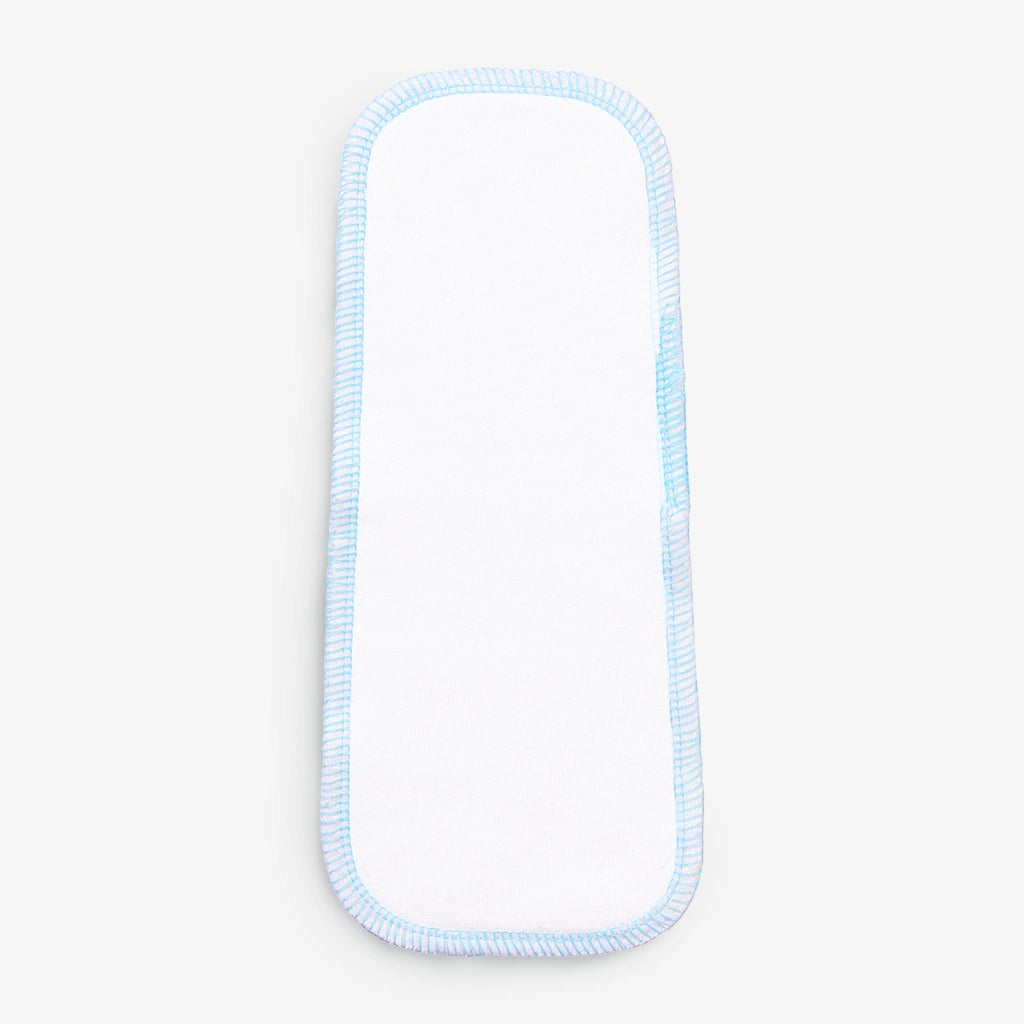Nesting during pregnancy is a common and fascinating experience where expectant mothers feel a sudden urge to clean, organise, and prepare their home for the baby’s arrival. Often linked to hormonal changes and emotional readiness, the nesting instinct in pregnancy can appear at different stages, especially as the due date approaches. Understanding what is nesting in pregnancy helps parents channel this energy safely and productively.
- What Is Nesting in Pregnancy?
- Nesting Meaning in Pregnancy: Why Does It Happen?
- When Does Nesting During Pregnancy Start?
- Is Nesting in Early Pregnancy Normal?
- What Is the Nesting Instinct Meaning in Pregnancy?
- Signs and Symptoms of Nesting in Pregnancy
- Nesting in the Third Trimester: What Makes It Stronger?
- Is Nesting Instinct in Pregnancy a Sign of Labour?
- How Long Does Nesting Last During Pregnancy?
- How to Manage Nesting Energy Safely
- When Should You Be Cautious About Nesting?
- Key Takeaways
-
Frequently Asked Questions
What Is Nesting in Pregnancy?
Nesting in pregnancy refers to a natural behavioural pattern where pregnant women feel motivated to prepare their home, baby essentials, and surroundings before childbirth. This urge often includes cleaning, decluttering, arranging baby clothes, and setting up the nursery.
From an evolutionary perspective, nesting instinct in pregnancy is believed to be the body’s way of ensuring a safe, clean environment for the newborn. While not every pregnant woman experiences it, many do—especially in the later months.
Nesting Meaning in Pregnancy: Why Does It Happen?
The nesting meaning in pregnancy is closely associated with hormonal shifts, particularly increased levels of estrogen and oxytocin. These hormones influence emotions, bonding, and the desire to prepare for motherhood.
Psychologically, nesting also reflects a sense of control and readiness. As childbirth approaches, preparing the home can reduce anxiety and create emotional reassurance.
When Does Nesting During Pregnancy Start?
There is no fixed timeline for nesting during pregnancy. Some women notice it as early as the second trimester, while others experience it closer to their due date.
However, nesting instinct in pregnancy is most commonly reported in the last few weeks before delivery, when anticipation and awareness of the baby’s arrival intensify.
Is Nesting in Early Pregnancy Normal?
Yes, nesting in early pregnancy can be normal for some women. While it is less common, early nesting may involve researching baby products, organising finances, or mentally planning for the baby.
This early form of nesting is usually subtle and more cognitive than physical, unlike the intense cleaning or organising seen later in pregnancy.
What Is the Nesting Instinct Meaning in Pregnancy?
The nesting instinct meaning in pregnancy goes beyond cleaning—it symbolises emotional preparedness and bonding with the unborn baby. This instinct encourages parents to think ahead, plan routines, and ensure comfort and safety.
It is important to understand that nesting instinct in pregnancy is not a medical condition but a natural behavioural response.
A Gentle Note on Newborn Preparedness 🤍👶Pregnancy is the perfect time to prepare for your baby’s first essentials—so you’re not rushing after delivery🍼✨. Many parents today prefer planning their newborn baby gifts early, and SuperBottoms makes this easier with thoughtfully designed newborn essentials that are practical, safe, and reusable🌱. Whether you’re curating a baby shower🎉, choosing a meaningful gift for newborn baby, or planning your own baby’s must-haves, SuperBottoms offers sustainable baby gifts for newborn—from soft cloth diapers, langots & muslin essentials to gentle baby-care products🤍. These well-planned newborn baby gifts help parents feel confident and prepared right from day one. At SuperBottoms, we believe early preparation during pregnancy leads to a calmer start to parenthood👶💫—with products that are not only useful as gifts for a newborn baby, but also kinder to your baby and the planet🌍. |
Signs and Symptoms of Nesting in Pregnancy
Common signs of nesting in pregnancy include:
- Sudden bursts of energy
- Strong urge to clean or organise
- Rewashing baby clothes repeatedly
- Setting up the nursery meticulously
- Making detailed to-do lists
|
Common Nesting Activities |
When They Appear |
|---|---|
|
Organising baby clothes |
Second trimester onwards |
|
Deep cleaning the house |
Third trimester |
|
Packing a hospital bag |
The last few weeks |
Nesting in the Third Trimester: What Makes It Stronger?
Nesting in the third trimester tends to be more intense due to physical awareness of the baby and the nearing due date. Hormonal surges combined with emotional anticipation often trigger strong nesting urges.
At this stage, it’s common for expectant mothers to focus on washing baby linens, preparing diapering stations, and stocking essentials.
This is an ideal time to prepare reusable diapering solutions, such as SuperBottoms Freesize UNO or DryFeel Baby Langots, which are gentle on newborn skin and eco-friendly.
Is Nesting Instinct in Pregnancy a Sign of Labour?
While many believe nesting instinct in pregnancy signals imminent labour, this is not always true. Some women experience nesting weeks before delivery, while others may not experience it at all.
Nesting alone should not be considered a reliable sign of labour unless accompanied by medical symptoms like regular contractions or water breaking.
How Long Does Nesting Last During Pregnancy?
Nesting can last from a few days to several weeks. The intensity may fluctuate, with bursts of energy followed by fatigue.
After childbirth, nesting behaviours may continue briefly as parents adjust their environment to suit the newborn’s needs.
How to Manage Nesting Energy Safely
While nesting can be productive, it’s important to channel it safely:
- Avoid heavy lifting or climbing
- Take frequent breaks
- Stay hydrated
- Ask for help from family
SuperBottoms Note: Preparing washable diapers, baby wipes, and soft baby bedding in advance can save time post-delivery and support sustainable parenting choices.
When Should You Be Cautious About Nesting?
Excessive nesting that leads to exhaustion, stress, or anxiety may require attention. If nesting behaviours interfere with rest or cause physical strain, it’s advisable to slow down and consult a healthcare provider.
Listening to your body is key—rest is just as important as preparation.
Nesting in pregnancy is a natural and meaningful part of the prenatal journey. Whether it appears early or intensifies in the third trimester, understanding its purpose helps expectant parents embrace it without overexertion. With mindful planning and the right baby essentials, nesting can be a positive, empowering experience.
|
Limited Time Offers + Special Gift Sets! Now or never Super SALE is live on the SuperBottoms website! Take advantage of unbeatable value deals on our UNO Cloth Diapers, Baby Essentials, and more. Looking for the perfect present for a newborn or a toddler? Explore our thoughtfully curated Gift Sets & Combos — safe, skin-friendly, and oh-so-cute! A bundle of love for little ones and a delight for parents. HURRY — Deals and Gift Packs are live only till stocks last. Don’t miss the chance to stock up and share the joy! |
Key Takeaways
- Nesting during pregnancy is a natural behavioural response driven by hormones and emotional readiness.
- Nesting instinct in pregnancy varies in timing and intensity for every woman.
- Safe nesting includes planning, light organising, and preparing baby essentials in advance.
Frequently Asked Questions (FAQs)
1. What is nesting in pregnancy?
Nesting in pregnancy is the urge to prepare your home and baby essentials before childbirth.
2. Is nesting during pregnancy common?
Yes, many pregnant women experience nesting, especially in the third trimester.
3. Can nesting happen in early pregnancy?
Yes, nesting in early pregnancy may appear as planning or researching baby needs.
4. Is nesting instinct in pregnancy hormonal?
Hormonal changes play a major role in triggering nesting behaviours.
5. Does nesting mean labour is near?
Not always. Nesting can occur weeks before labour begins.
6. How can I nest safely during pregnancy?
Avoid heavy work, take breaks, and ask for help when needed.
7. What baby items should I prepare while nesting?
Essentials include clothing, diapers, feeding supplies, and bedding.
8. Which products are recommended during nesting?
During nesting, preparing reusable diapering solutions like SuperBottoms Freesize UNO, DryFeel Langots, and reusable wipes can help parents stay organised and ready for newborn care.
Message from SuperBottoms
Hi there, new parents! SuperBottoms brings you doctor-recommended cloth diapers — the best rash-free diapering solution for your baby’s sensitive and delicate skin. Unlike disposable diapers loaded with chemicals, our newborn cloth diapers, when used and washed properly, can help eliminate the risk of diaper rashes. SuperBottoms offers a wide range of safe, skin-friendly essentials for the whole family — including Reusable Cloth Diapers, Diaper Pants, DryFeel langots for diaper-free time, Padded Underwear for potty training, SuperSoft Underwear for everyday comfort, Joggers for playful days, and Period Underwear for women. Not just for everyday use, SuperBottoms products also make the best gifting choice for babies — thoughtful, eco-friendly, practical, and loved by parents. Now available on Amazon, Myntra, Flipkart, FirstCry, Zepto, Swiggy and Blinkit
Reference Link
What Is Nesting During Pregnancy, and Does It Mean Labor Is Imminent?









